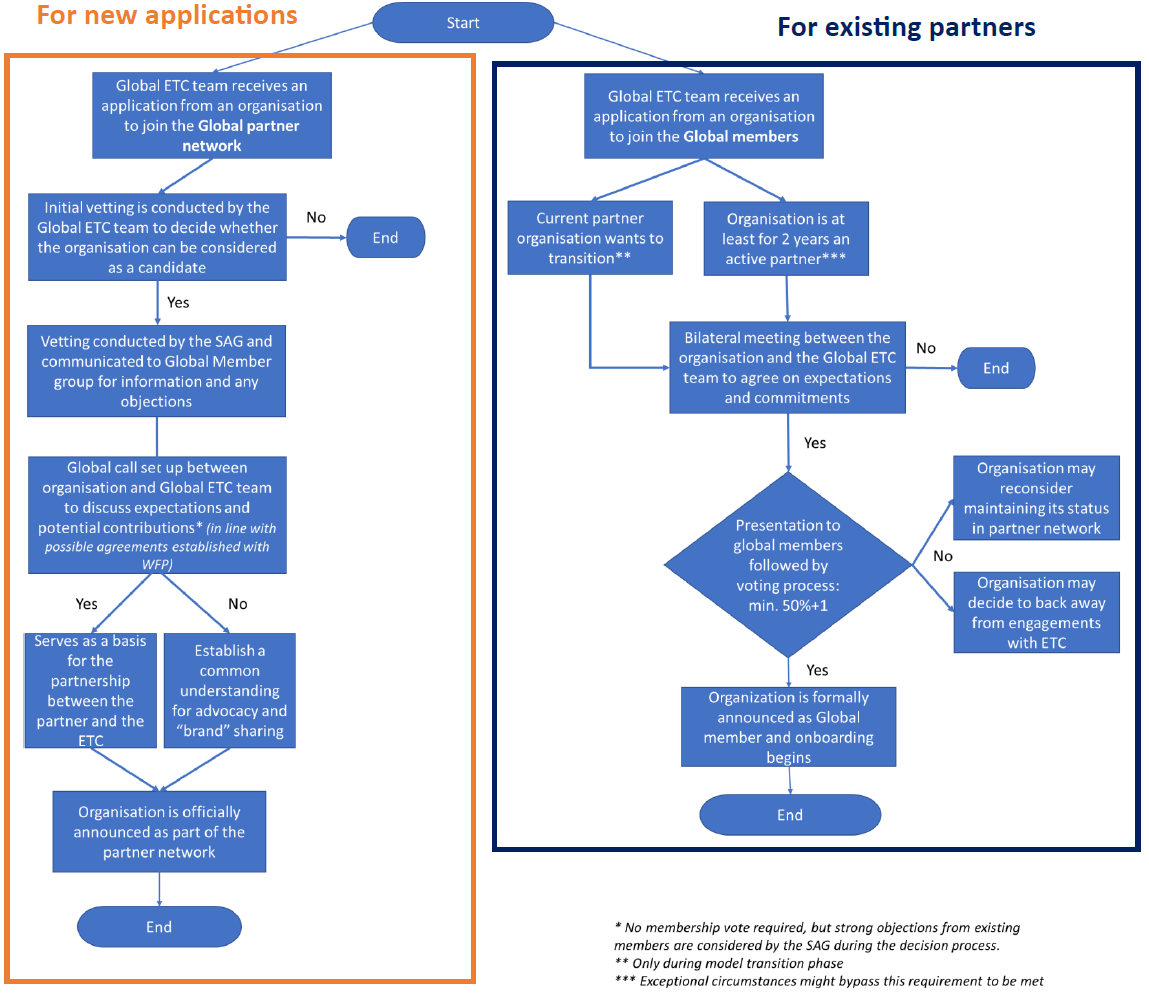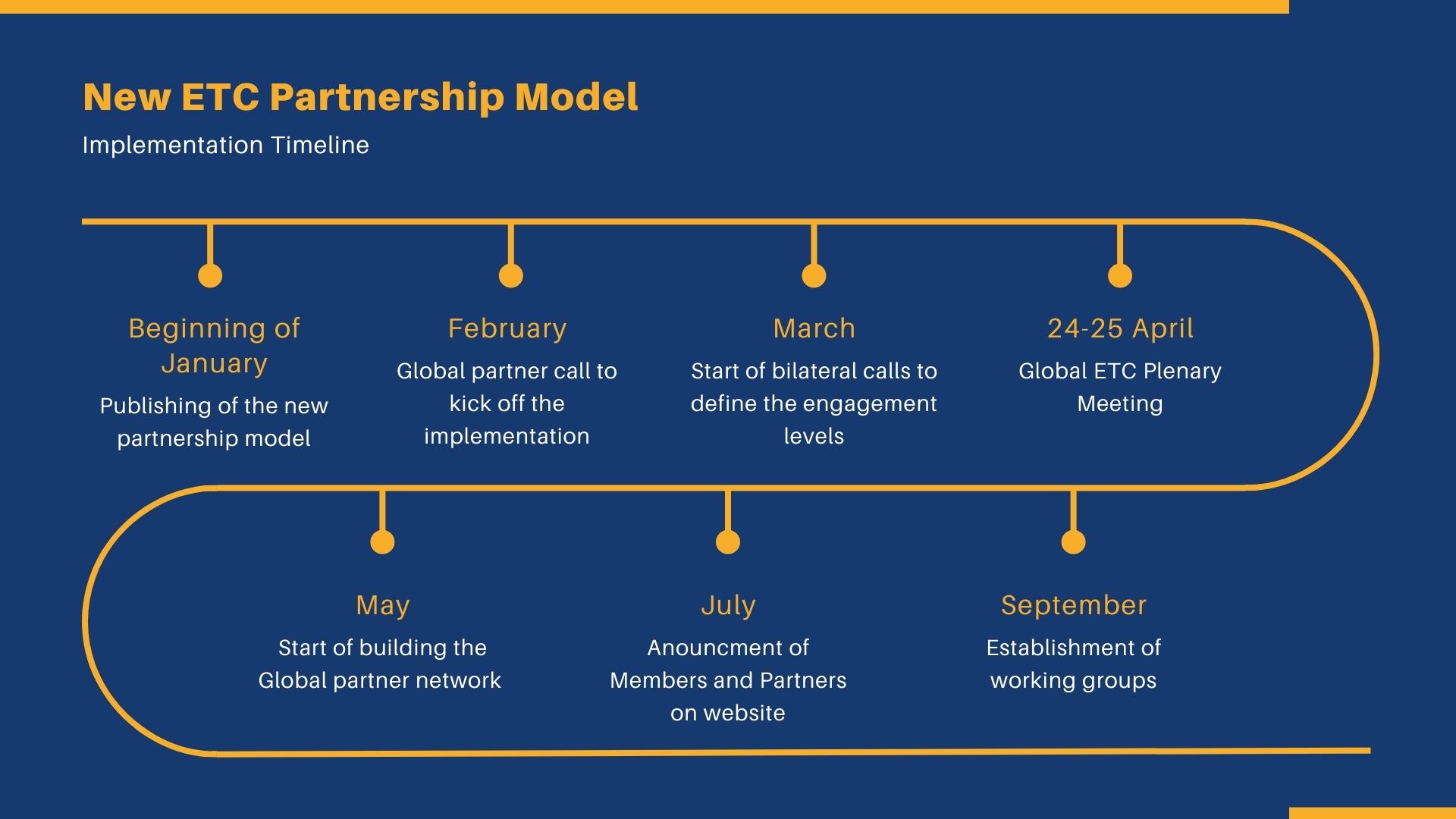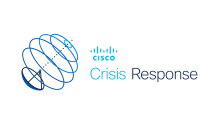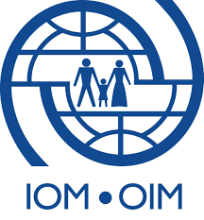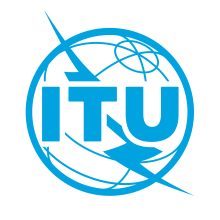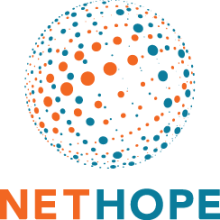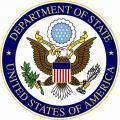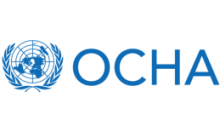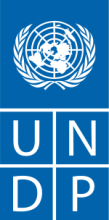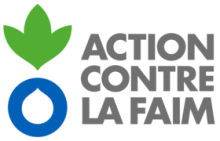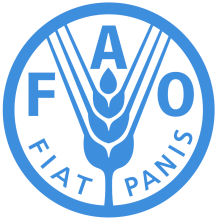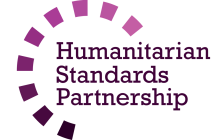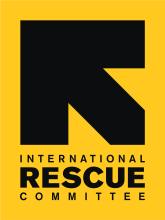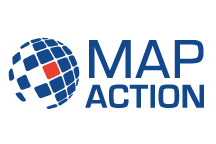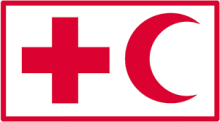The new Partnership Model
In response to the evolving landscape, the ETC has introduced last year the new ETC2025 partnership model, transforming its approach to engage with partners and managing those relationships moving forward.
In contrast to the previous ETC2020 partnership model, which was tied to the ETC2020 strategy and its associated goals, the revamped ETC2025 strategy, endorsed in 2021, emphasizes largely on the significance of strategic partnerships. This raised the need to revise the partnership model, as the previous one inadvertently restricted the participation of organizations in service delivery, restricting the entry of new ideas and approaches.
While the ETC principles for partners, rooted in humanitarian ideals and strict non-commercialism, remain integral in the new model, it endeavors to overcome the limitations of its predecessor, seeking to attract partners who not only share a commitment to humanitarian assistance but actively contribute to ETC activities at both global and local levels.
The new partnership model entails three distinctive levels of engagement, showcasing the diverse ways organizations can contribute to and benefit from the collaborative ecosystem:
- Global Members: These are organizations deeply committed to the ETC's mission, actively bringing its mandate forward and actively shaping its core activities. Their high level of engagement signifies a pivotal role in steering the overarching goals of the ETC.
- Global Partner Network: This level constitutes a dynamic network of organizations operating at a global scale. Their primary focus is on the exchange of valuable information, sharing knowledge, and pooling resources. This collaborative network facilitates a synergistic approach to addressing challenges and opportunities on a global scale.
- Local Partners: Organizations at the local level play a crucial role in ensuring that the ETC remains attuned to contextual needs. Engaged in specific local initiatives and implementations, these partners provide valuable insights and contribute to the ETC's effectiveness in addressing regional challenges.
The model was finalized by the global ETC and gained endorsement from the SAG (Strategic Advisory Group) towards the end of the last year, after which it was disseminated to partners for their review and comments.
The new model aims to provide a more standardized approach to managing partnerships, offering clarity on expectations based on its distinct engagement levels. It plays a key role in realizing the overarching goals and vision, serving as a catalyst in moving the ETC2025 strategy forward and fulfilling the ETCs mandate. This shift represents a significant milestone, laying the groundwork for a more collaborative and strategic partnership framework, opening the ETC membership up to a larger network of organizations at the local and the global level.
A streamlined application process has been established to facilitate integration into the ETC Global Partner Network.
